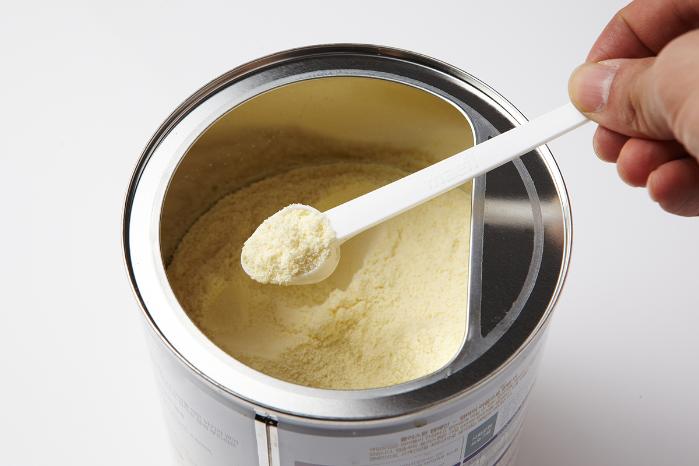As a new mother you will wonder how much milk should you be feeding the baby. You might wonder when you will stop feeding the baby too. Milk plays a very important role in a child’s development. Toddlers tend to devour milk during three meals a day. It is a big change when your child changes from milk to solid food, which is a gradual procedure.

Why does your child need milk?
Milk is a dietary requirement that contains many nutrients that is essential for babies and children who are growing. Certain children might be fed baby formula as required by doctors or due to health issues of the mother.
- Calcium – required for strong teeth and bones
- Protein – required for energy and growth
- Vitamin A – promotes immunity and good eyesight
- Vitamin B12 – promotes healthy cells to be produced
- Iodine – this regulates the metabolism rate
- Magnesium – promotes good muscle function
- Phosphorous – promotes the release of energy
Milk whether organic or a infant formula, help to promoted the development and growth of the child. It is a studied fact that breast milk contains fatty acids, which are essential. These fatty acids are called DHAs. DHAs support the brain function and promoted higher IQ in children. However, the fatty acids have been added in formula milk. Milk not only provides nutrients but also is important for hydration, for the health and for energy for one’s baby. It also provides good comfort for a baby and is vital for before bedtime to ensure that they sleep.
How much is required by your baby?
Before your infant turns six months old, he or she will obtain all their nutrients from milk. After six months, there will be a change where the child will have to move to solid gradually to obtain minerals, vitamins and energy and the solids will only be a supplement to the milk. From six to twelve months each baby should be feed up to six hundred millilitres of milk each day along with solid food. From one to three years, a toddler should drink up to three hundred fifty millilitres with a mixture of dairy products such as yogurt and cheese and milk. If you are interested about baby formula you can visit this website http://infantformula.com.au/.
What to do if you child does not want milk?
There are a handful of babies who tends to go off their want for milk and completely eat solids. There are a few options which can be incorporated into the diet some way to ensure that he or she gets the nutrients that milk provides:- Cereal or oats with milk
- A yogurt pot
- A piece of cheese
- Rice pudding
- Custard
- Mash potato with butter, milk and cheese
- Pasta with cheese
Now that you are equipped with knowledge to ensure that your baby gets the correct nutrients, make sure that it is not over done.